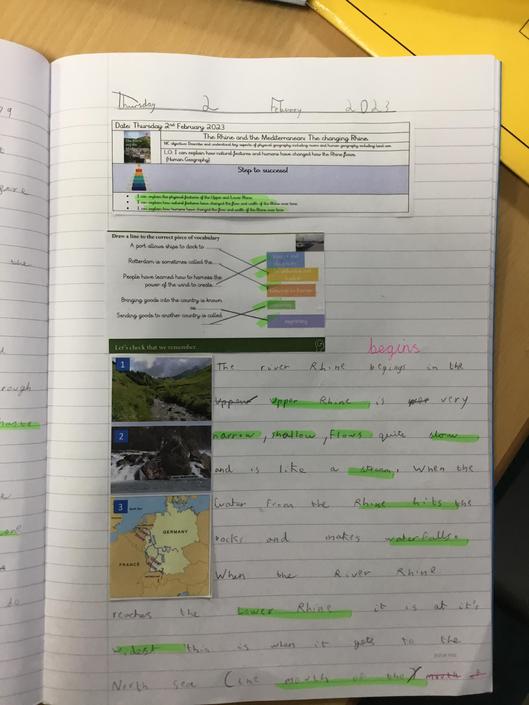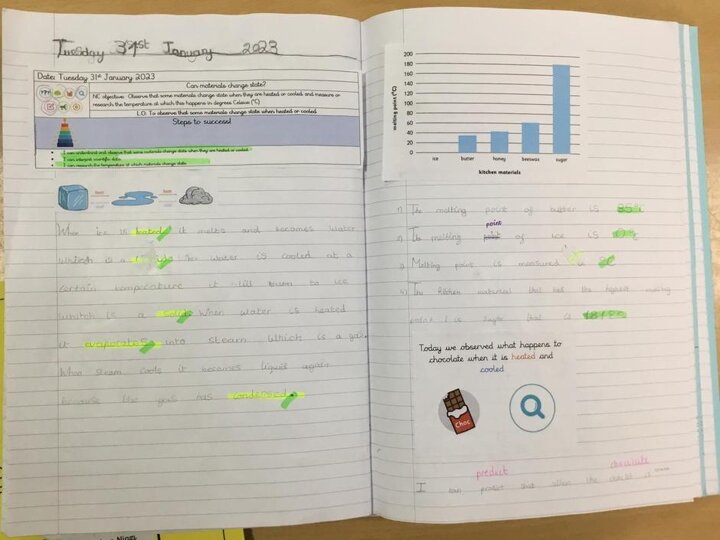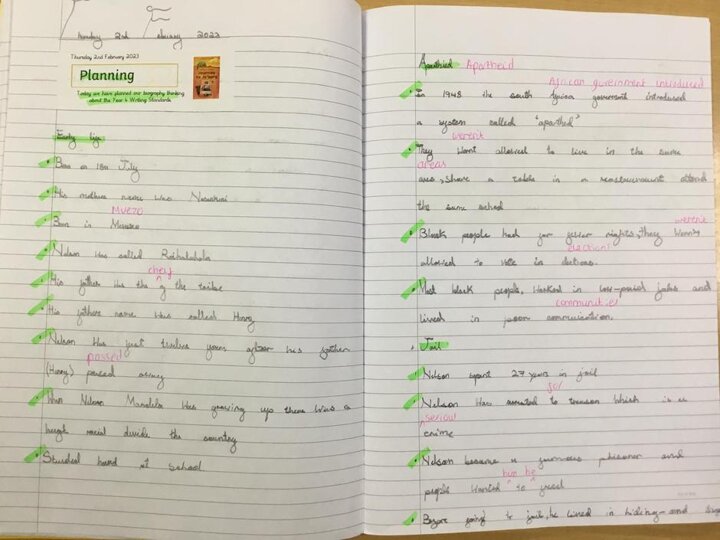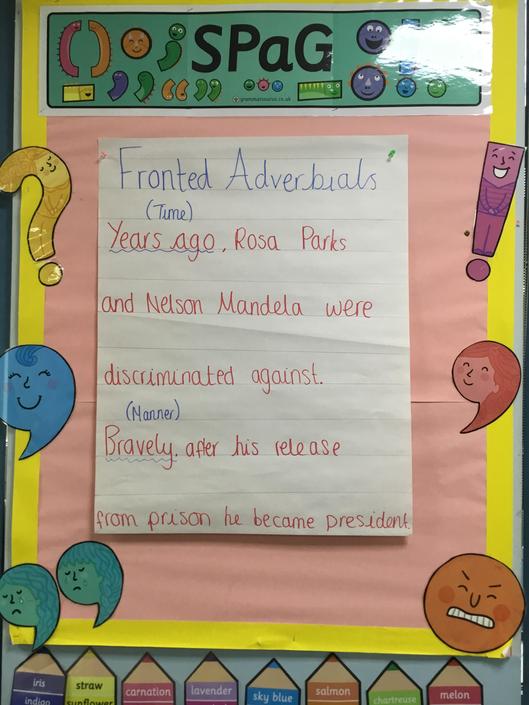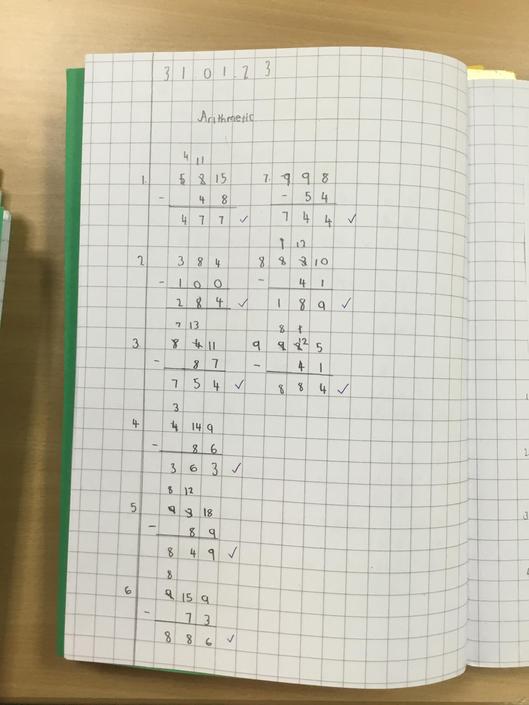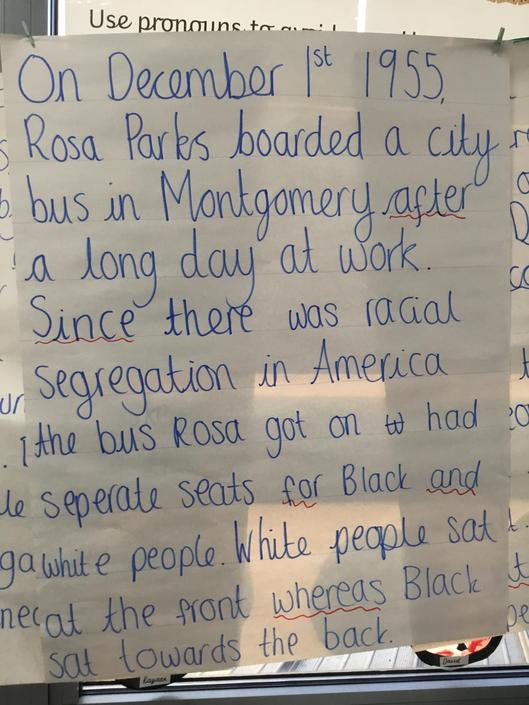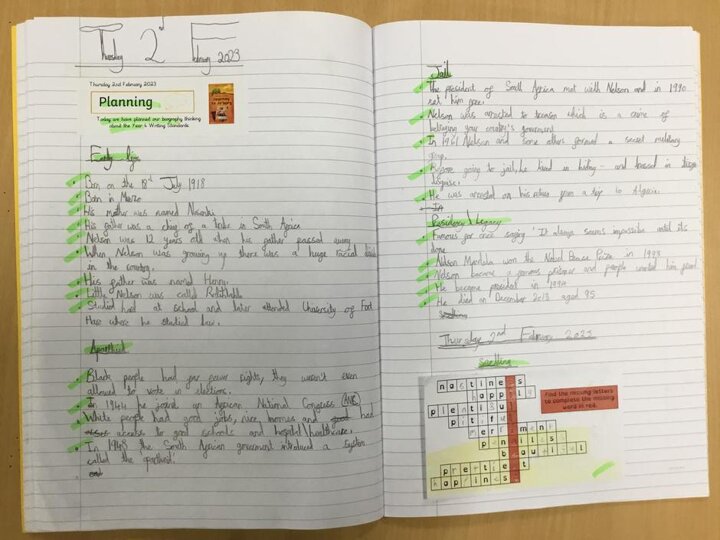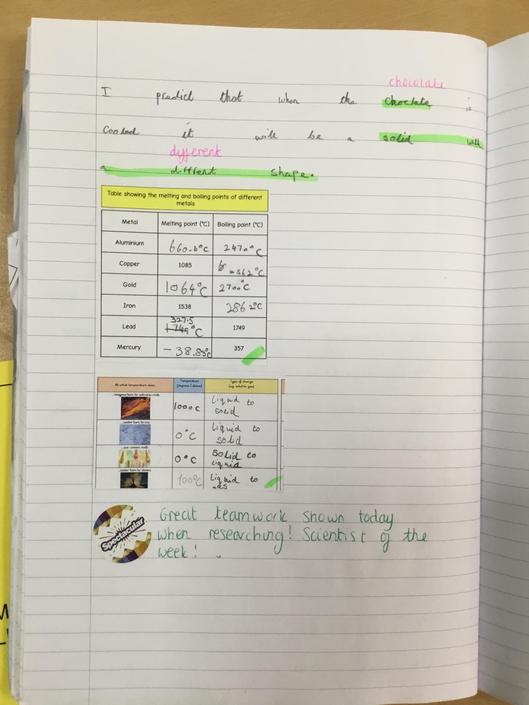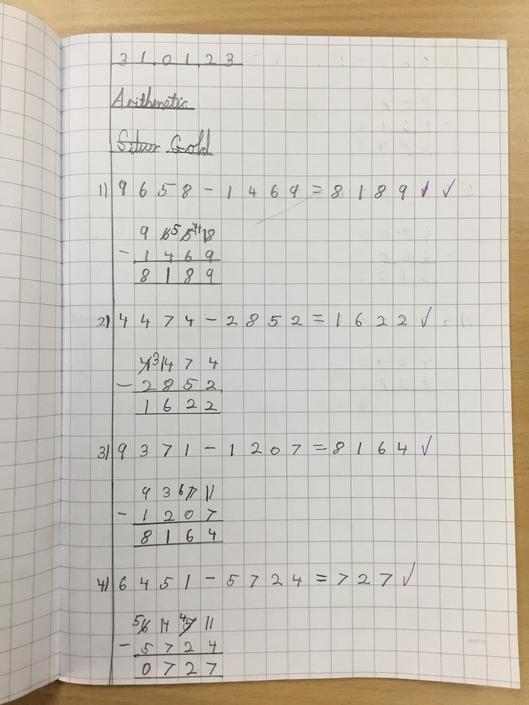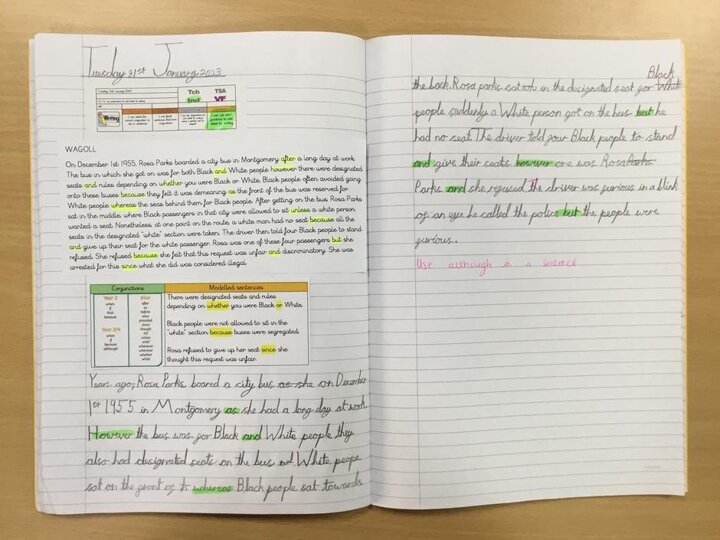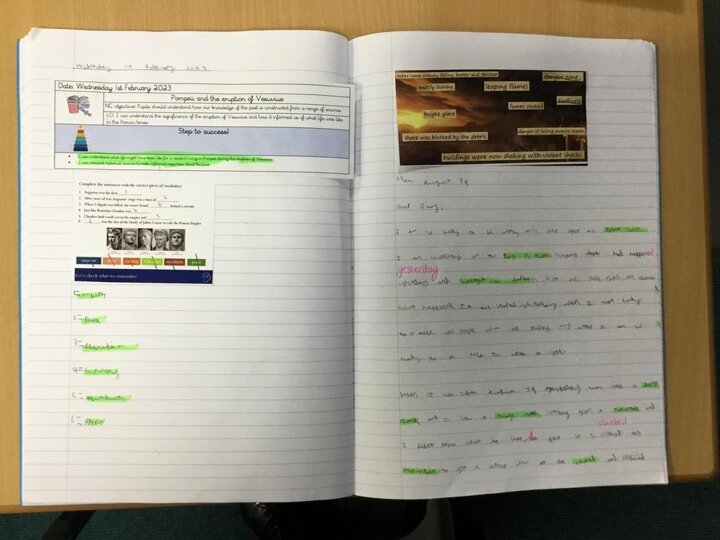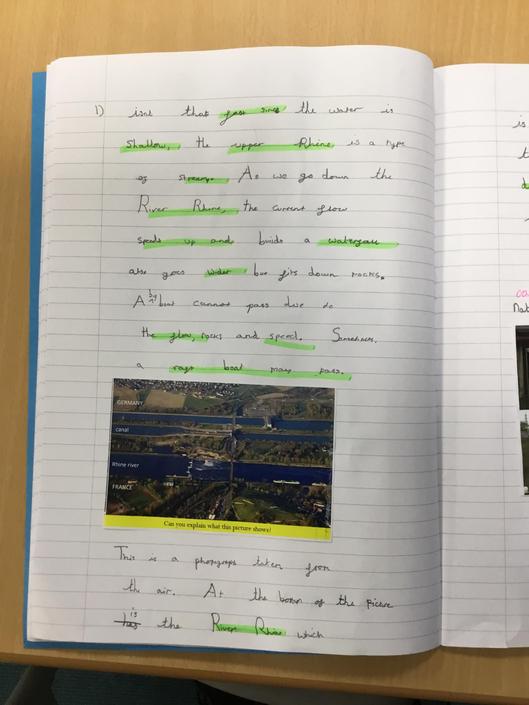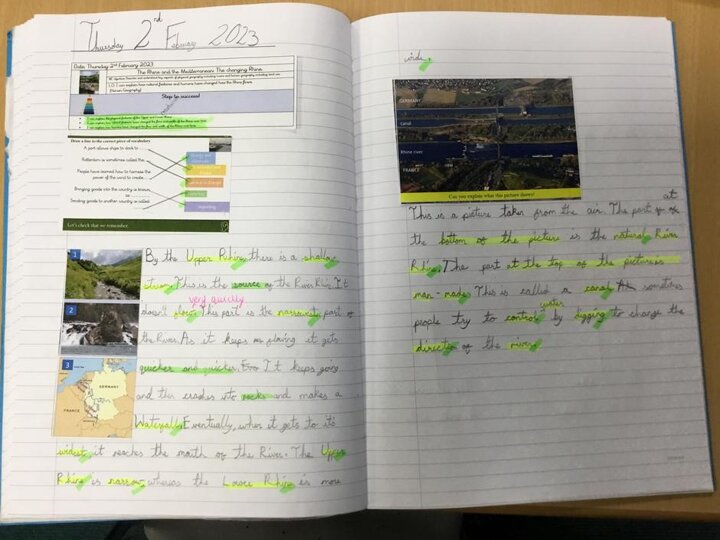
This week has certainly gone quickly and yet again we have had a super week in Y4 Manatees! Take a look below at some of our fantastic learning from this week!
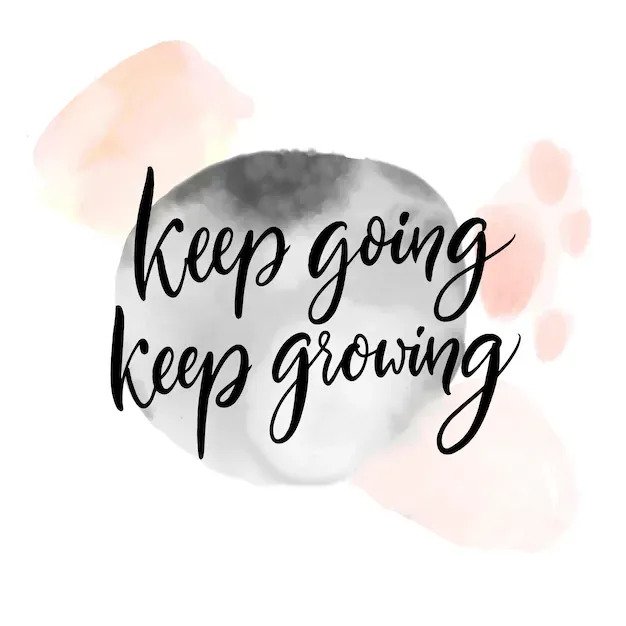
In Grammar this week we recapped punctuating fronted adverbials. This was an important lesson as we often use fantastic fronted adverbials in our writing, but we sometime forget to use commas after them. We also recapped the different types of fronted adverbials (time, manner, place, reason) to help us use a wider range in our writing.
Writing
In Writing this week, we continued to prepare for our independent write. On Tuesday, we focused upon the skill of using conjunctions in writing to add detail. Conjunctions are really important in biographies because they give us additional information to help us create a clearer image of the person in which the biography is about. On Wednesday, we focused upon punctuating our sentences using a wider range of punctuation (capital letters, full stops, question marks, apostrophes, commas and brackets). We even learnt how to use single quotation marks to directly quote someone in writing. I was really impressed with the quality of work produced in this lesson as punctuation is something which we sometimes struggle to use properly. On Thursday, we planned our independent write. We were set time challenges to find as many facts as possible about each sub heading to help us with our independent write. On Friday, we completed our independent writes. I am really looking forward to reading these as Y4 Manatees have shown great interest in the life and achievements of Rosa Parks and Nelson Mandela.
Arithmetic
In Arithmetic this week we focused upon the terms 'difference' and 'sum'. We learnt that when asked to find the difference between two numbers we needed to subtract the smaller number from the greater number. Once we had built up our fluency in finding the difference, we then focused upon finding the sum of numbers. When asked to find the sum, we learnt that this meant to add the two numbers together. We then built up our fluency of finding the sum of two numbers later on in the week.
Maths
In Maths this week we have completed our Y4 topic of Fractions. This week, we focused upon subtracting mixed numbers and fractions. We struggled with this at first, however after completing another lesson on this skill we built our confidence in this area. We shall continue to build our fluency of adding and subtracting fractions and mixed numbers next week in Arithmetic. On Friday, we began to do some work on Statistics. We looked at pictograms and bar charts and began to interpret these.
Science
In Science this week we considered the question 'Can solids, liquids and gases change state?'. We learnt that we can change states when heating or cooling. We interpreted scientific data in the form of a graph looking at the melting points of different kitchen materials (e.g. honey, sugar and ice). We then conducted an investigation into changing states. We looked at a bar of chocolate and predicted what would happen if we added heat to it and then cooled again. After making predictions, we then observed what happened to the chocolate when we added heat and we concluded that it melted to become a thick liquid. We then placed the chocolate in the freezer to see if the reaction could be reversed so the chocolate would turn back into a solid. Y4 Manatees engaged really well with this lesson, a huge well done!
History
In History this week, we continued with our topic entitled 'The Roman Empire'. This week we learnt all about the eruption of Mount Vesuvius in Pompeii. Y4 were absolutely captivated by what had happened in Pompeii in the year 79 and their interest was shown in the diary entries they wrote from the perspective of a citizen living in Pompeii during the huge eruption. Y4 could not believe the impact the eruption had in Pompeii and through reading Pliny's letter (a piece of evidence that has allowed Historians to develop a good understanding of the eruption) we were able to understand the significance of what had happened.
Geography
In Geography this week we continued with our topic entitled 'Rhine and Mediterranean'. This week we considered how the Rhine has changed both due to human and natural impacts. We learnt that the Rhine starts off as a slow moving stream high up in the Alps gradually increasing speed as it travels down the mountain becoming a wider, faster flowing river by the time it reaches the mouth. We then learnt all about canal locks and how they work and why they are important.
Thank you for reading this week's blog, we hope that everyone has a lovely weekend and we shall see you all on Monday.
Miss Selman and Miss Marsh
